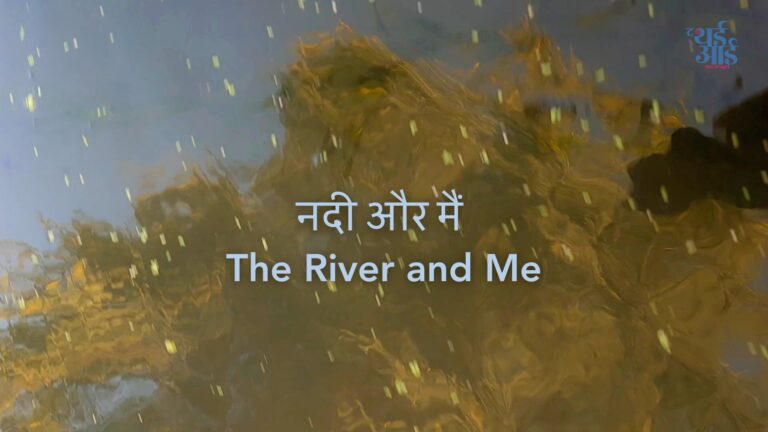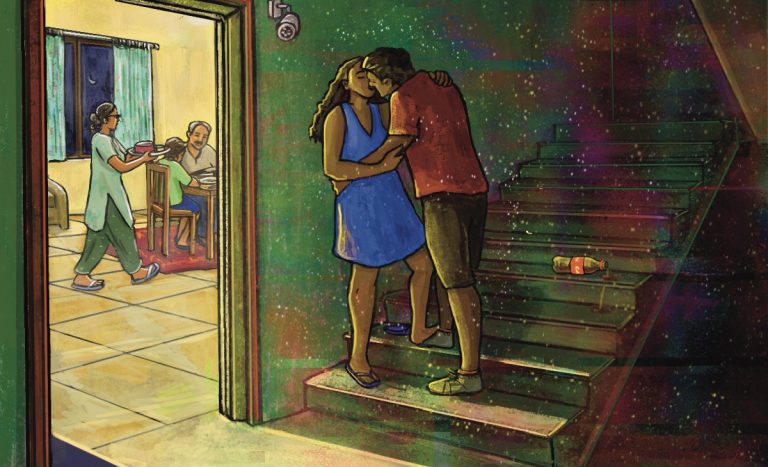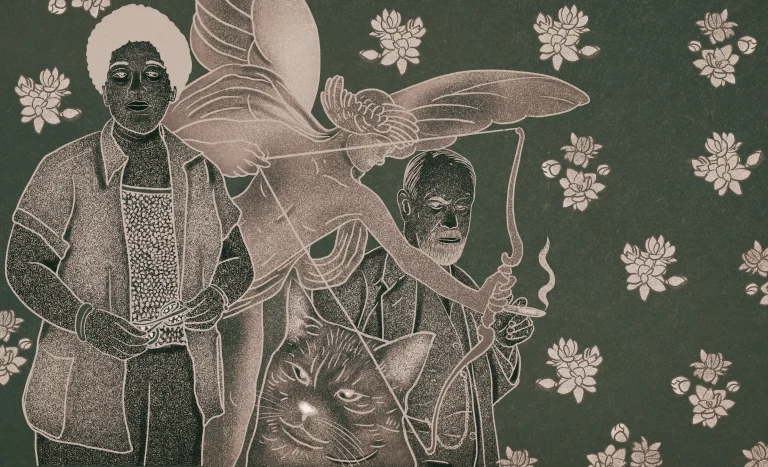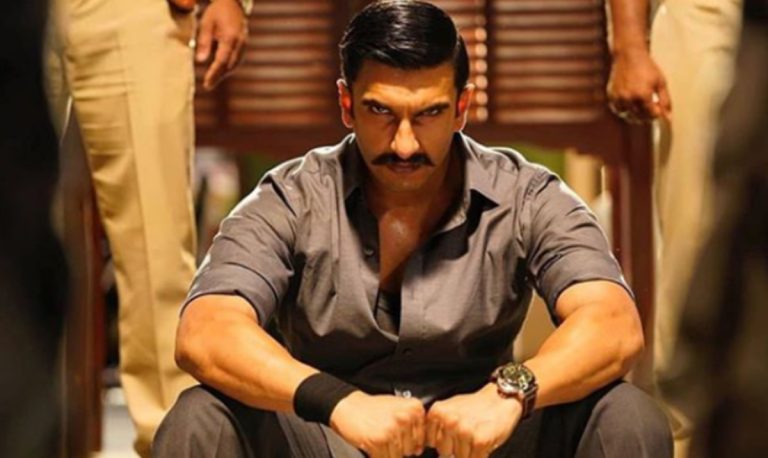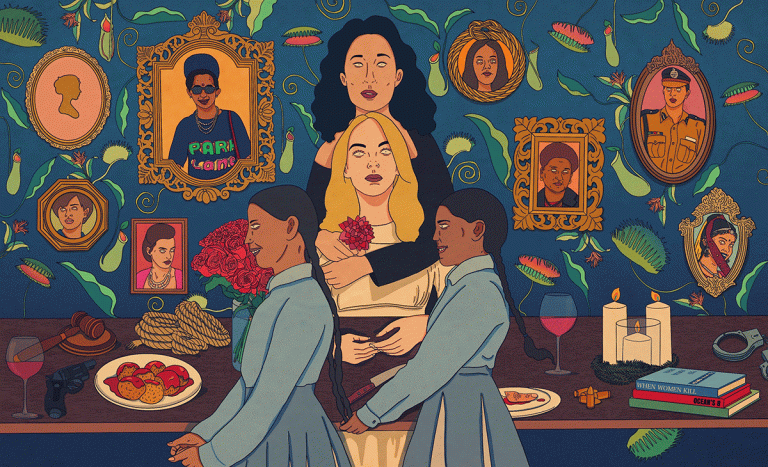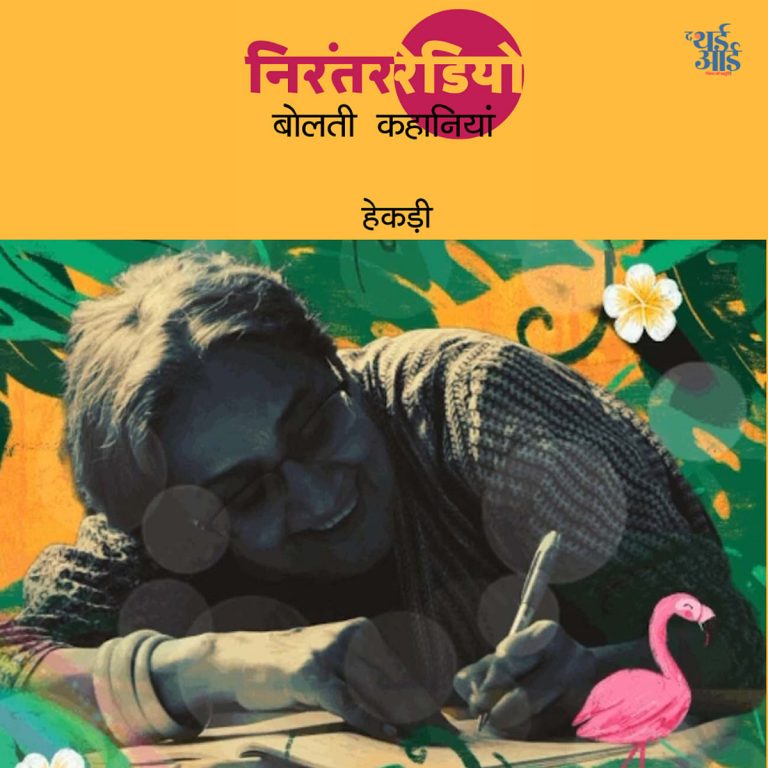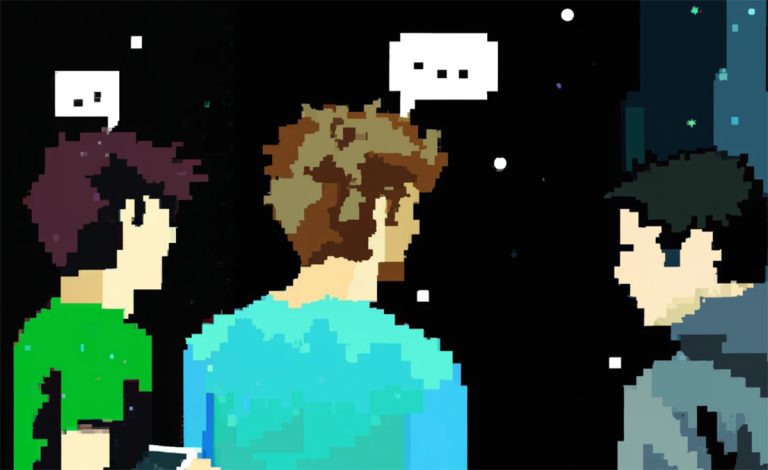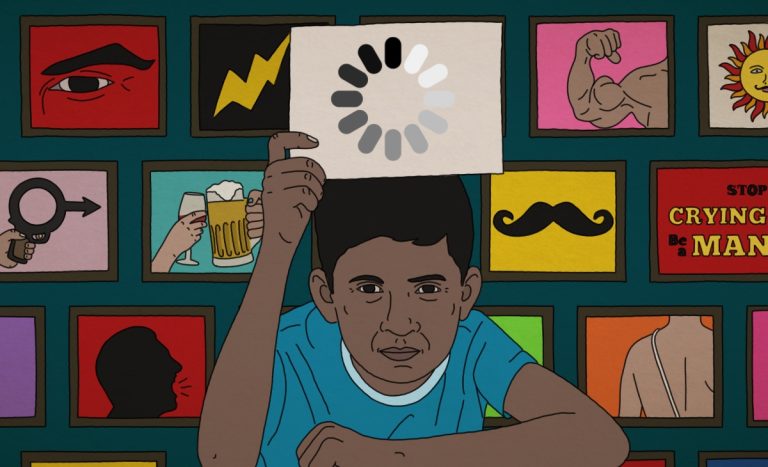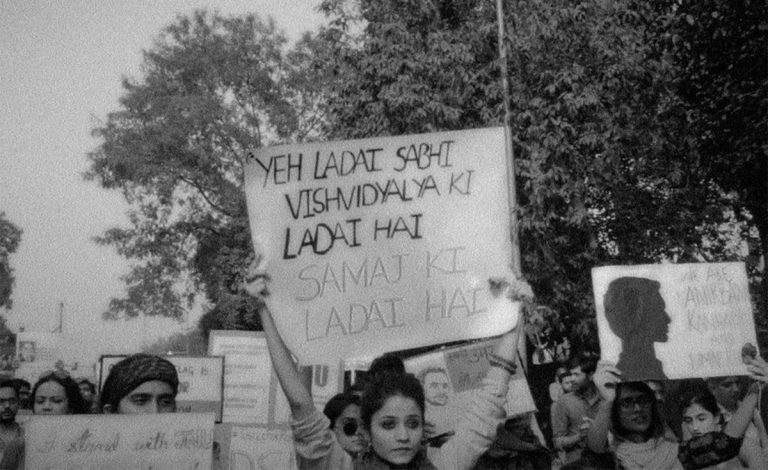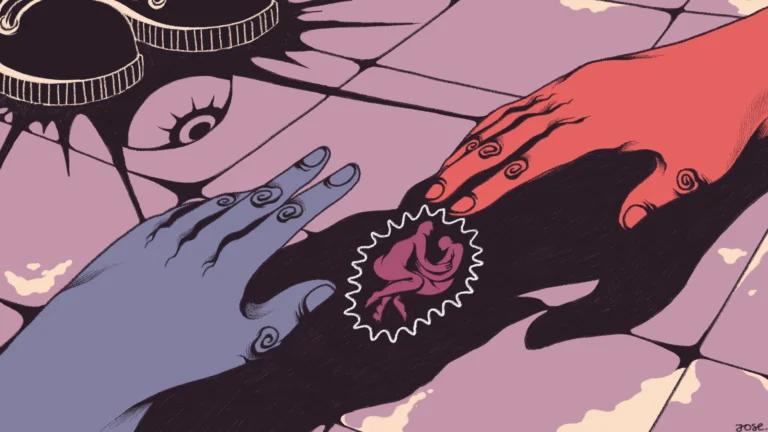
Beyond Clickbait: A Reporter’s Guide to Representing Queer Lives in Regional Media
The TTE-queerbeat Fellowship Programme is a collaboration that seeks to produce, mentor and platform stories by queer folks in Hindi. These stories explore sexuality in the rural context, through the facets of consent, desire, romance and risk, and aim to understand how debates in the wider sexuality discourse and grassroots organisations speak to the realities of queer individuals outside big cities.


